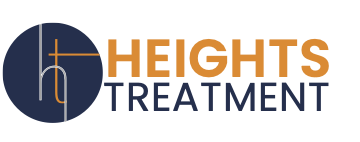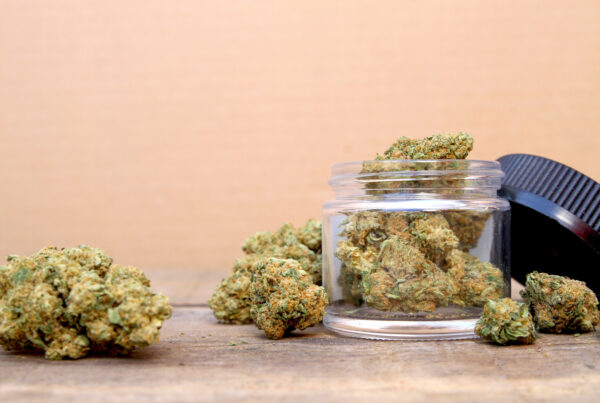Whether you are trying to practice substance abuse prevention for the first time or working to prevent relapse, there are strategies that can help. Like overcoming any physical or mental health condition, recovery takes effort. When sobriety is not actively supported, small triggers can build on one another and eventually become overwhelming.
Millions of people maintain sobriety every day. Research suggests that more than 22 million people in the United States are in recovery. They are not sober because they are lucky. They stay sober because they apply practical strategies that support long-term recovery.
Below are ten substance abuse prevention strategies that consistently work.
1. Fill Your Calendar
Boredom can be dangerous in recovery. Unstructured time can increase the risk of using drugs or alcohol. Staying busy leaves less room for cravings and impulsive decisions.
During active addiction, routines like hygiene, nutrition, and sleep often fall apart. In recovery, structure matters. Schedule daily activities such as exercise, meetings, errands, and self-care. Research local recovery groups and sober activities and add them to your calendar.
If boredom or idle time is a trigger for you, this resource may help: How To Fight Addiction Triggers.
2. Set and Reach Goals
Without goals, it is easy to lose direction. Setting short-term and long-term goals gives you something concrete to work toward.
Short-term goals might include attending a certain number of meetings each week or maintaining a daily routine. Long-term goals may include returning to school, repairing relationships, or building a stable career.
Many people find SMART Recovery tools helpful. Goals should be specific, measurable, achievable, realistic, and time-bound.
3. Rescue an Animal
Caring for an animal can rebuild responsibility and purpose, both of which addiction often erodes. Animals can be grounding and emotionally supportive.
Research shows that animal-assisted therapy can improve mood, reduce stress, and support emotional regulation during recovery.
4. Find Ways to Give Back to the Community
Helping others creates meaning and connection. Volunteering can restore a sense of value and belonging.
Ideas include helping a neighbor, volunteering at a food bank, participating in community clean-ups, or writing thank-you notes to people who have supported you. Giving back reinforces recovery by shifting focus away from cravings and toward purpose.
5. Create a Trigger Plan
Knowing your triggers is important, but knowing what to do when they appear is critical. Create a plan for each trigger you identify.
For every trigger, write down at least three actions you can take. If seeing someone drink is a trigger, options might include calling a sober friend, stepping outside, or leaving the situation entirely.
This approach pairs well with understanding temptation more broadly. You may find this helpful: Temptation Is Always There.
6. Get Restorative Sleep
Sleep is essential for mental and physical recovery. During sleep, the brain repairs and regulates emotional and cognitive processes.
Substance use can significantly disrupt sleep patterns. Improving sleep hygiene by limiting screen time before bed, keeping a consistent schedule, and creating a calm sleep environment can support healing.
7. Learn Something New
Learning provides distraction, structure, and confidence. Whether you take up a hobby, enroll in a class, or pursue personal development, learning helps redirect attention away from cravings.
Individual and group therapy can also help you understand the underlying factors that contributed to addiction and strengthen long-term prevention strategies.
8. Take Care of Yourself
Self-care includes attending to physical, emotional, and mental health needs. During addiction, these needs are often neglected.
Small self-care actions matter. Eating regular meals, attending medical appointments, exercising, and setting boundaries can reduce relapse risk by improving overall well-being.
If you are building a sober lifestyle, this article pairs well here: How to Get Sober and Stay Sober.
9. Know the Stages of Relapse
Relapse rarely happens suddenly. It develops in stages.
Emotional relapse begins when self-care slips. Mental relapse involves internal conflict and rationalization. Physical relapse occurs when substance use resumes.
Recognizing these stages early allows you to intervene before relapse occurs.
10. Rely on Others for Help
Recovery is difficult to sustain alone. Support from peers, clinicians, and recovery communities provides accountability and guidance.
Professional support can help manage cravings, emotional distress, and lingering withdrawal symptoms. Asking for help is a strength, not a failure.
Reach Out for Help Today
You can reach out for help today. Whether you need additional prevention strategies, peer support, or professional care, support is available.
Sources:
- Kelly JF, Bergman BG, Hoeppner BB, Vilsaint C, White WL. Prevalence and pathways of recovery from drug and alcohol problems in the United States population. Drug and Alcohol Dependence. 2017;181:162–169.
- National Institute on Drug Abuse. Treatment and Recovery. https://nida.nih.gov





